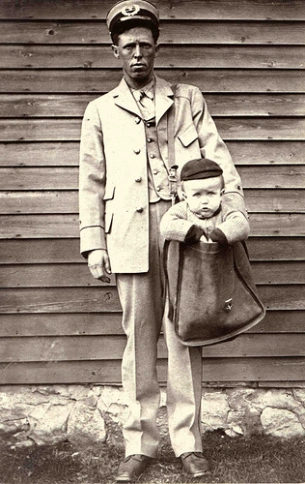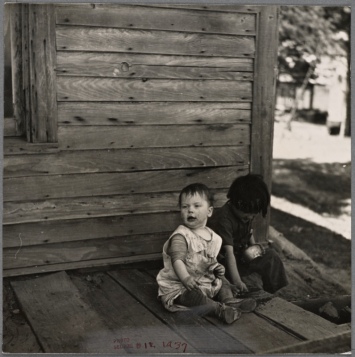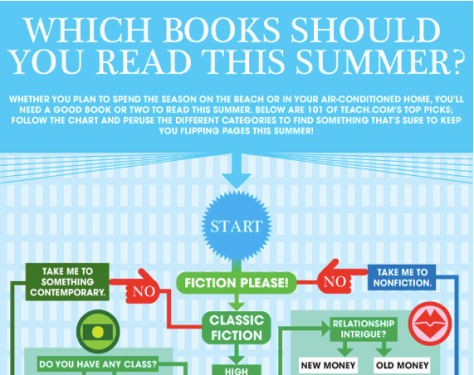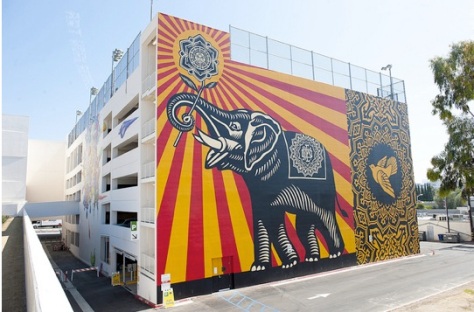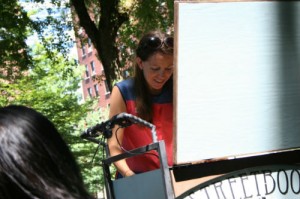Cal Poly is hiring a librarian to work with their burgeoning open education programs. For those of us wondering what librarians should be (or are) doing with MOOCs, this is interesting news. A major research institution, investing in a dedicated position* for open education support–that’s pretty great. I haven’t seen other positions like this, but would be interested to hear about them if they’re out there.
In case you’re wondering what a librarian for open education support actually does, here’s my nutshell reading of the (extremely small-font!) duties:
- help find, compile, assess, coordinate, and disseminate open educational resources and open content
- foster the development of open educational resources
- help build ways to use open educational resources
- tie open educational resources to the curriculum (I read this as, find ways to build information literacy skills into open ed resources)
- support a two-way relationship with open content repositories like Hathi Trust and Open Content Alliance
- offer workshops and other faculty instruction on open education projects
- encourage faculty to contribute to open access projects
- advise users on copyright and Creative Commons issues
- promote Open Access Week
- do outreach and liaison work to the School of Education
- write grants (and presumably help manage them if successful)
- teach, manage the collection, and develop digital resources
- provide professional service to the campus and community
That’s…a lot of stuff. A few things in there seem a little tossed-in, like “Creative Commons” being somehow lumped in with copyright issues, as if it were a separate field of inquiry. But it looks to me as if the folks at Cal Poly are thinking broadly about where open education may be headed, and working to get out ahead. I’m not sure that I’d focus much of my Open Education Library Fellow’s time on MERLOT when s/he could be working on MOOCs (and I’m not sure if there’s a reason why the job names some names (Hathi Trust and Open Content Alliance) and not others (*cough*Coursera)…but overall, this is really interesting and encouraging.
I hope that positions like this will gradually start to appear more frequently, that we’ll see universities recognizing the natural linkages between libraries and open education, and that libraries will start making these positions fully-funded and tenure-track. Because if you ask me, we’ve just seen the tip of the open education iceberg.
Interesting image of the day: Mailman with child in bag, courtesy Smithsonian.
* A dedicated two-year fellowship, that is. With a salary starting at $48K, in San Luis Obispo. 😦
